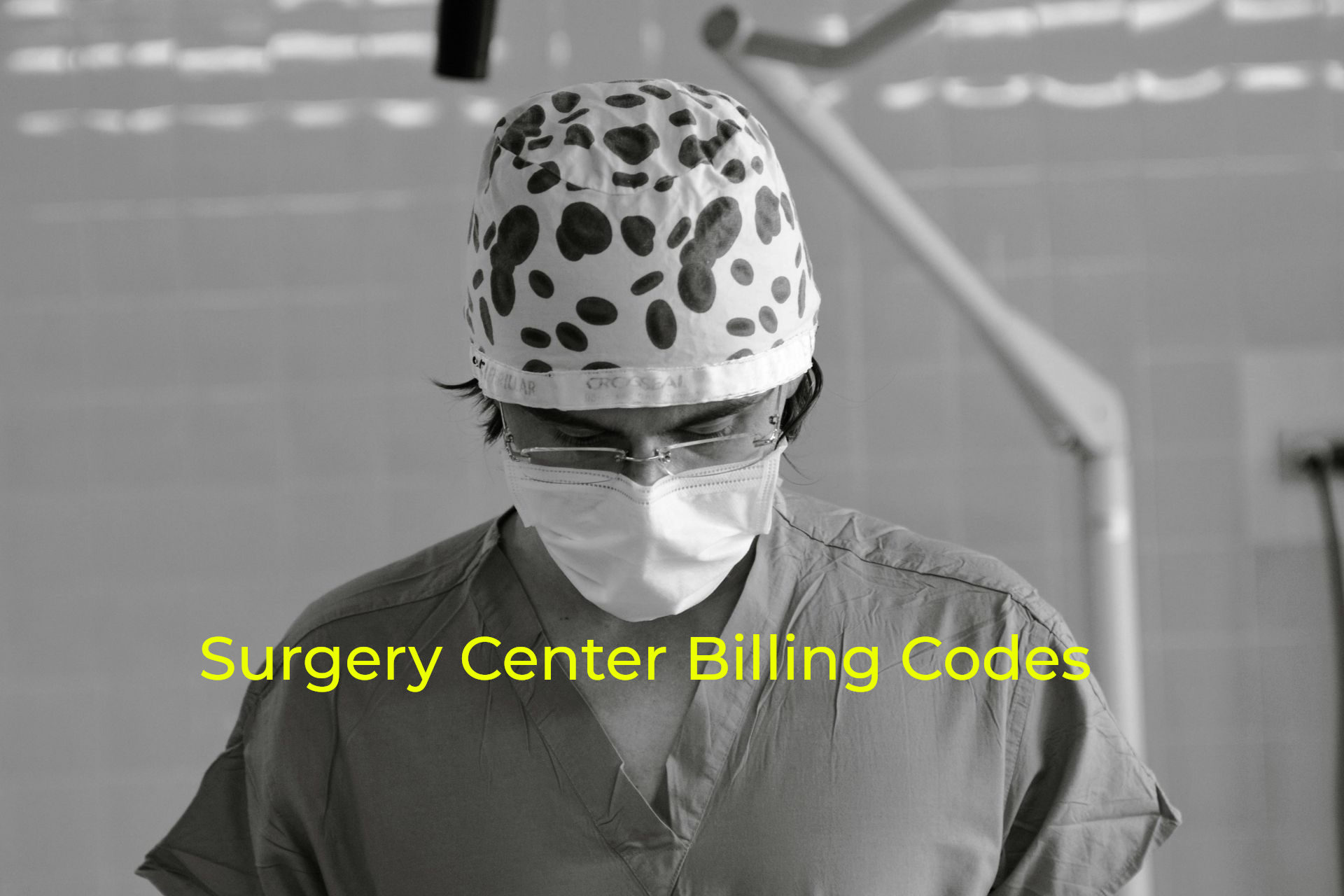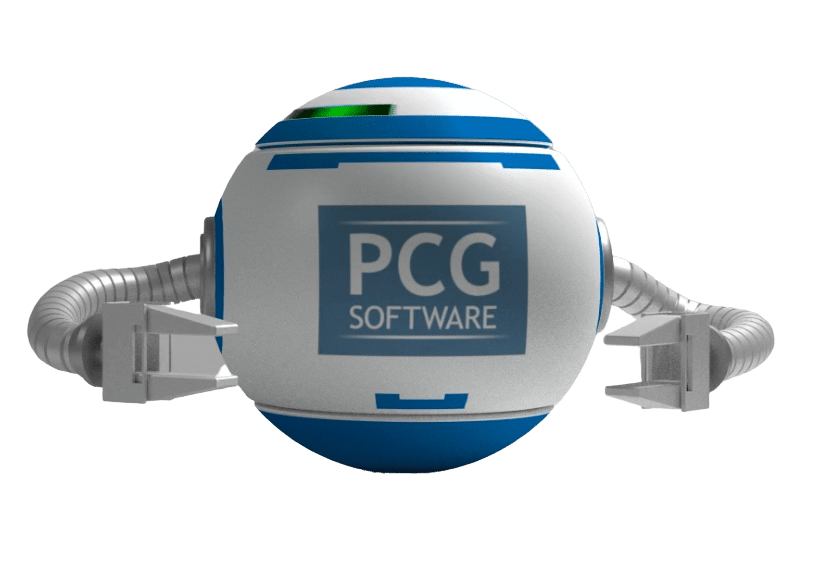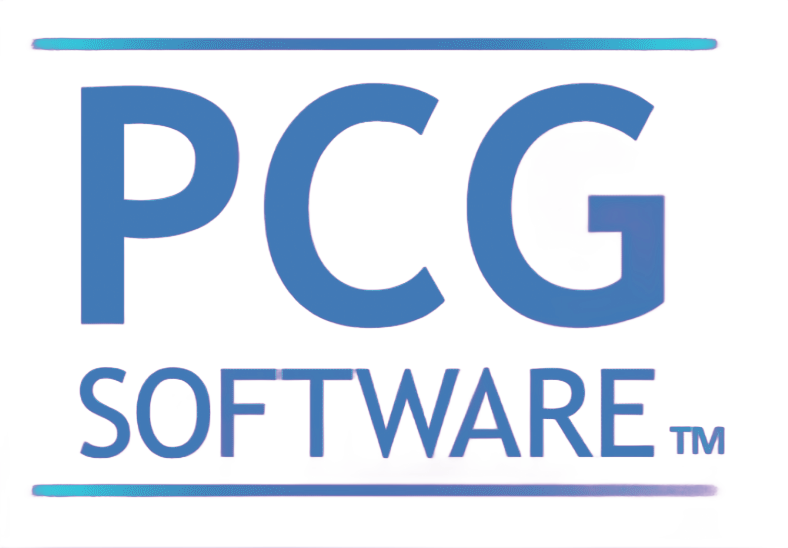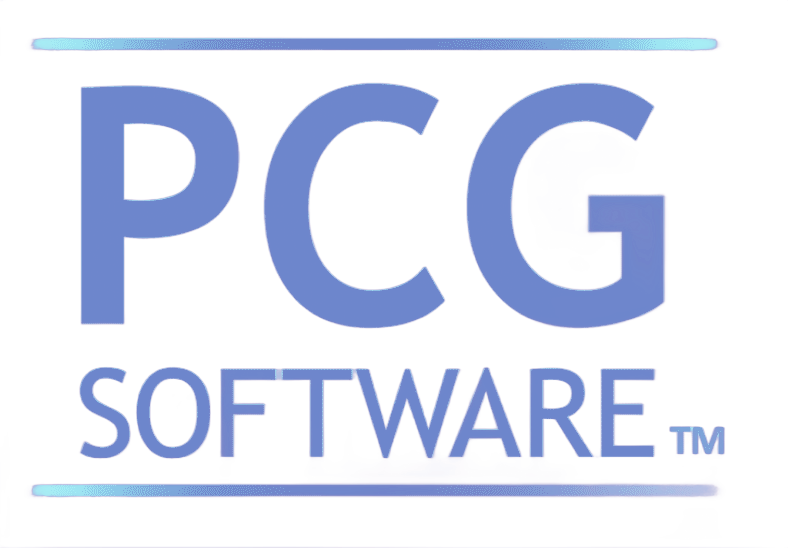Surgery Center Medical Coding Guide for Payers and Billers
Quick Summary of Surgery Center Coding
Ambulatory Surgery Centers (ASCs) play a critical role in reducing healthcare costs by shifting procedures away from inpatient hospital settings. However, ASC medical coding presents unique financial, operational, and regulatory risks that are often underestimated. Unlike hospital-based care, ASC services are subject to distinct place-of-service rules, payment methodologies, and packaging logic that leave little margin for error.
Inaccurate or incomplete coding in surgery centers can result in overpayments, underpayments, claim denials, post-payment audits, and regulatory exposure. As CMS, Medicare Advantage plans, and commercial payers continue to increase oversight of outpatient surgical utilization, ASC coding accuracy has become a focal point for compliance and payment integrity programs.
This article examines how ASC medical coding differs from hospital coding, where errors commonly occur, how CMS evaluates ASC claims, and why encounter-level data integrity is essential to reducing risk and ensuring accurate reimbursement.

What Is Surgery Center (ASC) Medical Coding?
Surgery center medical coding refers to the assignment of CPT, HCPCS, ICD-10-CM, and modifier codes for procedures performed in an Ambulatory Surgery Center setting. ASCs are designated under Place of Service (POS) code 24, which carries distinct reimbursement rules compared to hospital outpatient departments (POS 22) and inpatient facilities.
ASC coding primarily focuses on surgical procedures that do not require overnight hospitalization. CMS maintains a specific list of ASC-covered procedures, and only those procedures are eligible for payment when performed in an ASC. Services that fall outside this list may be denied or reimbursed incorrectly if coded improperly.
Unlike hospital billing, ASC claims rely heavily on precise procedure selection, correct modifier usage, and accurate encounter documentation to support medical necessity, laterality, and scope of services performed.
What Is Surgery Center (ASC) Medical Coding?
ASC coding differs from hospital coding in both structure and payment logic. Hospitals may bill separately for a wide range of ancillary services, supplies, and facility resources. In contrast, ASC payments are often bundled, meaning many services are packaged into a single facility payment associated with the primary procedure.
This packaging model increases risk when documentation or coding fails to reflect the primary service performed accurately. Errors in procedure hierarchy, modifier assignment, or bilateral reporting can materially change reimbursement outcomes.
Additionally, ASC claims are more sensitive to mismatches in place of service. A procedure appropriately billed in a hospital outpatient department may be non-covered or reimbursed differently when billed under an ASC POS, creating compliance risk if site-of-service rules are inconsistently enforced.
Common Medical Coding Risks in Ambulatory Surgery Centers
ASC coding errors frequently stem from documentation gaps, workflow fragmentation, and misunderstanding of CMS ASC payment policies. Common risk areas include incorrect procedure selection when multiple services are performed, failure to apply required modifiers such as -50, -RT, -LT, or -59, and billing non-covered services as ASC-eligible procedures.
Another frequent issue involves device-dependent procedures. Certain CPT and HCPCS codes require specific device reporting or supporting documentation. When device usage is not properly captured at the encounter level, claims may be paid incorrectly or flagged during post-payment review.
These issues are often compounded by the high-volume, fast-paced nature of ASC environments, where claims are submitted quickly and errors propagate downstream before detection.
Differing Perspectives on ASC Coding and Compliance
CMS perspective on ASC coding
CMS closely monitors ASC utilization and coding accuracy as part of its broader outpatient payment integrity strategy. ASC claims are evaluated against national coverage determinations, ASC-covered procedure lists, and site-of-service rules to ensure services are billed in the appropriate setting. From CMS’s perspective, repeated coding errors or inconsistent billing patterns signal weaknesses in internal controls rather than isolated mistakes. While individual claims may appear defensible, systemic patterns across procedures, surgeons, or facilities can trigger audits, repayment demands, and corrective action plans.
CMS also evaluates ASC coding in the context of program integrity, ensuring that services billed in lower-cost settings are clinically appropriate and not used to circumvent hospital payment safeguards.
Health Plans and MSOs' perspective on ASC Coding
For payers, inaccurate ASC coding undermines payment accuracy and cost containment strategies. Overpayments resulting from improper procedure selection, modifier misuse, or site-of-service errors directly impact medical expense ratios and population cost forecasts.
When audits identify systemic ASC coding issues, payers are expected to demonstrate that reasonable controls were in place to prevent and detect these errors. Failure to do so can result in repayment obligations, compliance findings, and increased regulatory scrutiny. Once funds have flowed through remittance cycles and patient billing processes, recovery becomes resource-intensive and often incomplete, amplifying the financial impact of delayed detection.
Impact on Surgery Centers and Providers
Surgery centers face significant operational risk from coding inaccuracies. Even unintentional errors can lead to claim denials, payment delays, retrospective audits, and increased prepayment review, disrupting cash flow and administrative efficiency.
Repeated coding issues may also strain payer relationships and expose providers to reputational risk, particularly when patients receive unexpected bills or experience delays in claim resolution. Over time, these challenges divert staff attention away from patient care and operational improvement toward audit response and remediation.
Surgery Center Medical Coding Summary and Forward Outlook
As ambulatory surgery center volumes continue to grow, manual coding review processes are no longer sufficient to manage risk at scale. The complexity of ASC payment rules, modifier requirements, and site-of-service constraints demands a more proactive and data-driven approach. Artificial intelligence and advanced analytics enable organizations to evaluate coding patterns, modifier usage, procedure frequency, and utilization trends across large populations, identifying anomalies that would otherwise go undetected.
AI-driven oversight allows organizations to detect issues such as inconsistent laterality reporting, unusual procedure combinations, or deviations from expected utilization patterns early in the billing lifecycle. This early visibility makes it possible to correct errors before payment, reduce downstream audit exposure, and improve payment accuracy without disrupting clinical or operational workflows.
Ultimately, accurate surgery center medical coding is not solely a coding function—it is a data integrity and governance challenge. Errors persist not because of a lack of expertise, but because encounter documentation, workflow coordination, and oversight systems remain fragmented. Sustainable risk reduction requires addressing coding accuracy at its source through timely, complete encounter data, consistent application of CMS rules, and proactive analytics-driven monitoring. As payer scrutiny and regulatory enforcement continue to intensify, organizations that invest in data integrity and advanced analytics will be best positioned to protect revenue, maintain compliance, and operate confidently in the ASC environment.
Subscribe
Only get notifications when a new article has been published
Contact Us
We will get back to you as soon as possible.
Please try again later.
About PCG
For over 30 years, PCG Software Inc. has been a leader in AI-powered medical coding solutions, helping Health Plans, MSOs, IPAs, TPAs, and Health Systems save millions annually by reducing costs, fraud, waste, abuse, and improving claims and compliance department efficiencies. Our innovative software solutions include Virtual Examiner® for Payers, VEWS™ for Payers and Billing Software integrations, and iVECoder® for clinics.
Click to share with others


